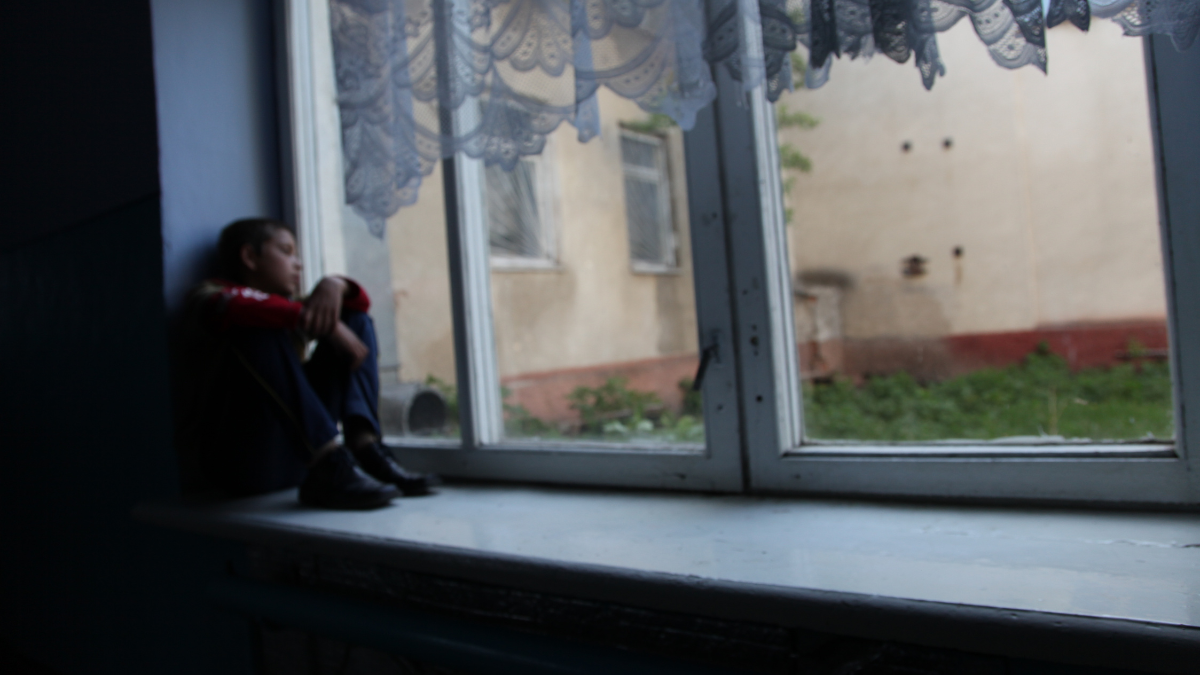Home What we do News & Stories Why do Dickensian orphanages still exist?
Why do Dickensian orphanages still exist?
15.03.2019

Almost 200 years ago, Charles Dickens published Oliver Twist. As one of the most famous novels in literary history, it gruesomely illustrates the cruelty of life for children, women, and the poor in Victorian London. It shows the horrors of life in a workhouse and how likely their residents are to fall into a life of petty crime, exploited by unscrupulous orphanage owners like Mr Bumble, or the likes of Bill Sykes.
Happily, in many countries such as the UK, a child can no longer be sent to an orphanage, surrendered to the care of an unloving, abusive adult like Mrs Mann. And it is unthinkable for a nine- year- old boy to be sold for profit by his state-sanctioned guardian.
But how far has the world really moved on since Dickens wrote Oliver Twist’s tale? And do Dickensian orphanages still exist elsewhere?
Had Oliver been born in Bulgaria a few years ago he could have been taken from his mother and sent to live in an institution like Krushari – the largest and most notorious state institution in Bulgaria – where the average life expectancy of a child was eleven years old. Krushari was closed for good in 2015, but until then many disabled children were trapped in caged beds.
In Haiti, Oliver might have been one of the 30,000 children who ended up in orphanages following the 2010 earthquake – at risk of trafficking by corrupt orphanage directors or exploited to garner donations from well-meaning donors.
In Kenya, Oliver might have formed an attachment to an orphanage ‘voluntourist’, who appeared fleetingly in his life to pose for photographs and teach him the alphabet before returning home. The Oliver Twist of 1839 had a happy ending. Oliver, whose young life had been filled with abuse and exploitation, finally finds a secure and loving home with his relatives – his aunt Rose and great uncle, Mr Brownlow.
However, today there are millions of children living in orphanages around the world. Shockingly, an estimated 80% of these children aren’t actually orphans – they have living relatives, just like Oliver Twist.
These children have family who could care for them with the right support, but poverty, natural disasters or trafficking often forces them into orphanages and other institutions. At Lumos, we are working to get children out of orphanages around the world. We reunite children with their birth families or find alternative care such as foster families where children can experience safety, security and love. This is an incredibly delicate process and one that takes a long time, with each child’s individual needs and situation taken into consideration.
Only a family can provide the nurture and protection a child needs to thrive and reach their full potential.
In the year 2019, almost two centuries after Oliver Twist escaped the workhouse and found his family, we need to help all children do the same.

